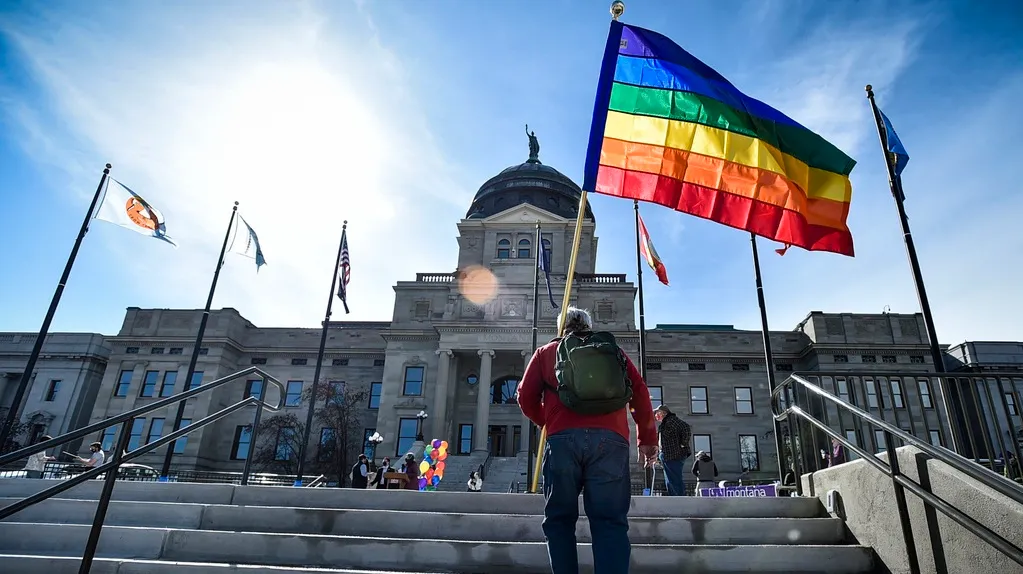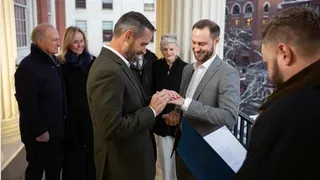January 9, 2016
Bill Would Make Videotaping Police a Crime if Too Close
Bob Christie READ TIME: 2 MIN.
An Arizona lawmaker wants to bar the public from videotaping law enforcement officers from close-range, saying groups that rush in to film police interactions are routinely endangering officers by distracting them while they're engaged with suspects.
Republican state Sen. John Kavanagh's bill would bar videotaping police from 20 feet or closer. The proposed legislation filed for consideration in the session that begins Monday would make it a petty offense to violate the law, or a misdemeanor if the person keeps taping after being warned or has a previous conviction.
Kavanagh said Thursday that Senate Bill 1064 is needed to keep police from being endangered while investigating crimes.
"Basically what this law says is if the officer is engaged in law enforcement activity, so he's making an arrest or he's questioning a suspicious person, you can film, but you've got to stay back 20 feet," Kavanagh said. "The reason being when you get closer, you become a distraction, the officer doesn't know if you're a threat, and that jeopardizes everybody's safety, including the officer."
Attorney Dan Pochoda of the American Civil Liberties Union of Arizona calls the proposal unconstitutional, saying courts have ruled people have a First Amendment right to videotape police.
"There's now a clearly established right in the (9th U.S. Circuit Court of Appeals) and most circuits in this country to observe and record the activity of law enforcement in public spaces," Pochoda said. "Limiting that to when you're further away than 20 feet obviously infringes on that established First Amendment right. I know my camera doesn't work as well when I'm 21 feet away than when I'm 10 feet away, nor do I hear it as well."
Kavanagh disagreed, saying his proposal doesn't infringe on rights.
"The First Amendment is subject to reasonable restriction," he said. "And asking somebody to simply stay back 20 feet so you don't interject yourself into the scene and become a distraction to me seems reasonable."
The proposal is the latest to emerge in legislatures across the nation as they try to grapple with increased scrutiny of officers after shootings. Various pieces of police shooting legislation were considered last year, including proposals requiring police to wear body cameras or mandating that shooting investigations be done by outside agencies.
Arizona's Legislature passed a GOP-championed law last year that would have kept the names of officers involved in shootings secret for two months to protect their safety. That law was vetoed by Republican Gov. Doug Ducey amid pressure from police chiefs who told him that an arbitrary hold on releasing the names of officers would limit their ability to manage complex community-police relations.
Pochoda called Kavanagh's proposal unnecessary, especially because current law allows police to order people to move back or face arrest if they are actually interfering with an officer.
"But interfering doesn't mean the fact of recording, but because you're in the way, literally," Pochoda said.



